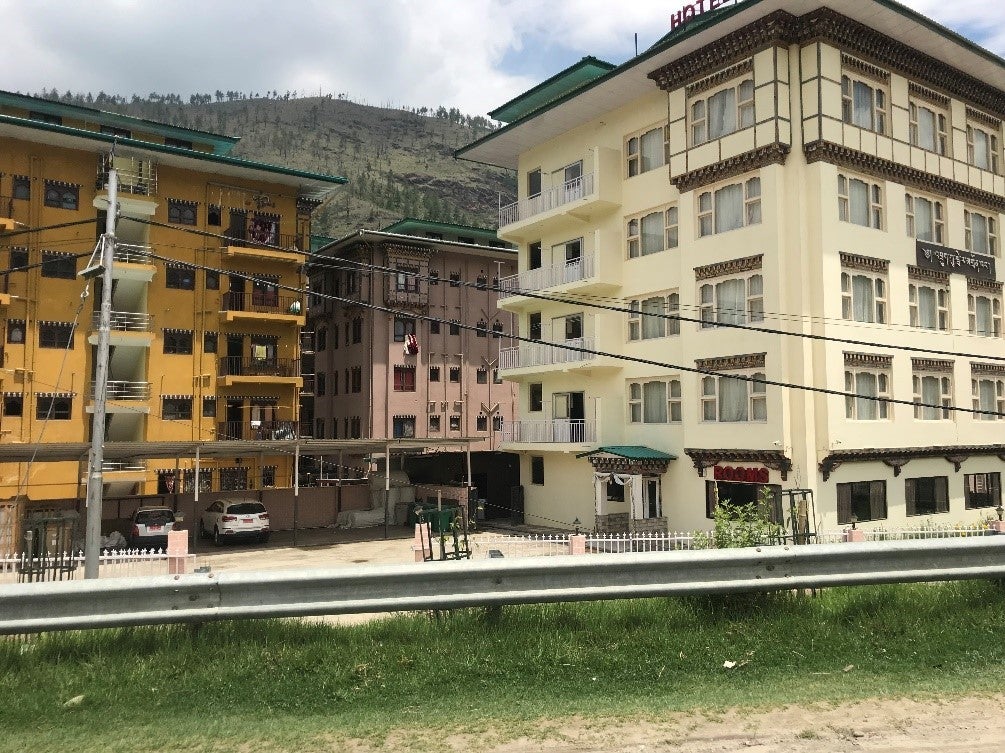
The National Housing Policy of Bhutan (Revised 2019) outlines a strategic framework aimed at addressing the pressing challenges of housing affordability and accessibility in the country. As urbanization accelerates and the population grows, Bhutan faces significant housing shortages, particularly for low- and middle-income households. This policy seeks to create a more inclusive housing market that aligns with Bhutan’s unique socio-economic context and cultural values.
Further reading:
[DOC] Affordable Housing – World Bank Documents and Reports documents1.worldbank
Housing policy to ensure affordability and accessibility | Kuensel Online
Context of Housing Affordability
The document highlights that Bhutan’s rapid urbanization has led to a substantial increase in housing demand, exacerbating affordability issues. Approximately 58% of Bhutanese people live in rented accommodation, with many spending over 30% of their income on housing—far exceeding the international standard for affordability. The report emphasizes that the lack of affordable housing options has forced many families into overcrowded living conditions or informal settlements.
Key Objectives of the Policy
The revised National Housing Policy sets forth several key objectives:
- Provision of Safe and Affordable Housing: The policy aims to ensure that all citizens have access to safe, adequate, and affordable housing options.
- Promotion of Homeownership: Encouraging homeownership among citizens is a priority, with specific measures to support low- and middle-income households in acquiring homes.
- Regulation of Rental Markets: The policy seeks to regulate rental costs to ensure they do not exceed 30% of household income, thereby alleviating the financial burden on renters.
- Encouragement of Public-Private Partnerships: The government aims to foster collaboration between public entities and private developers to enhance the availability of affordable housing.
Challenges Identified
The policy document identifies several challenges that hinder effective housing delivery:
- High Land and Construction Costs: The rising prices of land and construction materials significantly impact the affordability of housing projects.
- Limited Access to Financing: High-interest rates on housing loans restrict access for many potential homeowners. For instance, interest rates from local banks range from 8% to 11%, making it difficult for low-income households to secure financing.
- Inadequate Data on Housing Needs: A lack of comprehensive data hampers effective planning and policy formulation regarding housing needs across different demographics.
Policy Interventions
To address these challenges, the policy proposes various interventions:
- Establishment of a Dedicated Housing Agency: Creating a regulatory body focused on housing development will streamline processes and improve coordination among stakeholders.
- Incentives for Affordable Housing Development: The government plans to introduce fiscal measures that encourage private developers to engage in affordable housing projects.
- Promotion of Locally Sourced Materials: Mandating the use of locally available construction materials can reduce costs and stimulate the local economy.
Community Engagement
The policy emphasizes the importance of community involvement in housing development. Engaging local communities ensures that their specific needs are addressed and fosters a sense of ownership over new developments. The government encourages participatory approaches in planning processes to enhance transparency and accountability.
Implementation Framework
The Ministry of Works and Human Settlements (MoWHS) is designated as the main implementing body for this policy. It will work closely with other government agencies, local authorities, and private sector stakeholders to ensure effective execution. The policy also calls for regular monitoring and evaluation mechanisms to assess progress toward achieving its objectives.
Conclusion
In summary, the Revised National Housing Policy (2019) serves as a crucial framework for addressing Bhutan’s housing challenges amid rapid urbanization. By focusing on affordability, homeownership promotion, regulation of rental markets, and public-private partnerships, the policy aims to create an inclusive housing environment that meets the needs of all citizens. Through targeted interventions and community engagement, Bhutan can work towards ensuring that every resident has access to safe, adequate, and affordable housing options, ultimately contributing to social stability and economic development in the country.
